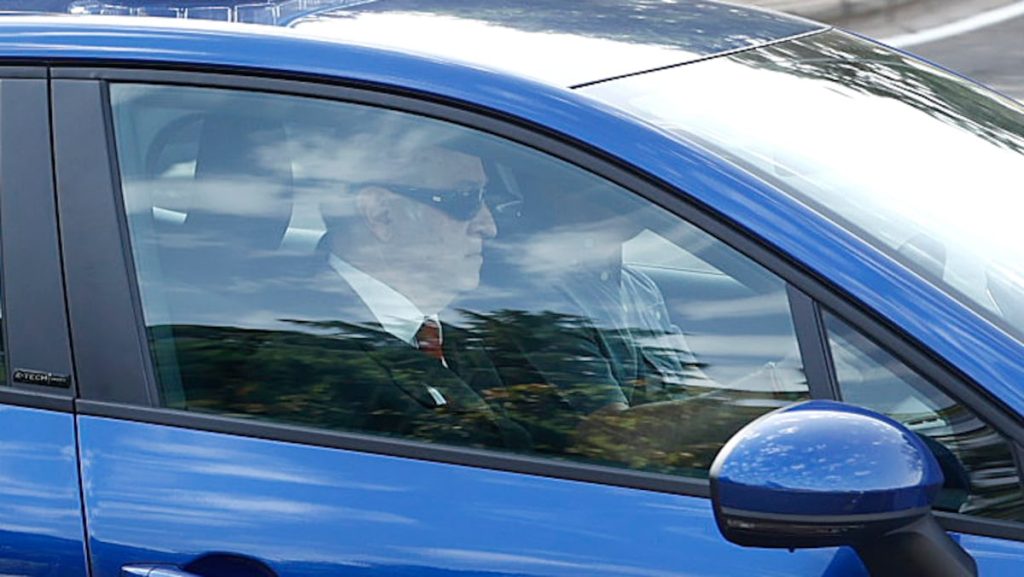The President of the Government, Pedro Sánchez, has filed a lawsuit against the magistrate Juan Carlos Peinado on Tuesday through a written document signed by the State Attorney. The President has taken this initiative in defense of the institution of the Presidency after refusing to testify as a witness in the case against his wife, Begoña Gómez. The decision comes after Peinado appeared at La Moncloa to try to interrogate Sánchez in a case related to alleged crimes of influence peddling and corruption in business dealings. The State Attorney’s lawsuit argues that the magistrate’s resolution to summon Sánchez was unjust and knowingly contrary to law.
The State Attorney’s lawsuit, directed to the Superior Court of Justice of Madrid, emphasizes that the magistrate has deviated from the proper exercise of law by summoning Sánchez for questioning. The document points out that the declaration violated the law that governs testimonies of government members and deprived the President of essential legal guarantees. The lawsuit highlights the importance of respecting the legal framework for taking testimonies and criticizes the magistrate’s actions. It does not view the lawsuit as an attack on the Judiciary but as a defense against a member who overstepped his authority.
The lawsuit underscores the contradiction in Peinado’s approach to interrogating Sánchez as the husband of Begoña Gómez, who is under investigation for being the wife of the Prime Minister. It questions the relevance of questions posed to Sánchez, as they should be related to his official duties as President. The document argues that the judicial procedure lacked proper motivation or justification and was conducted in a manner that undermines the rule of law. It points out the insufficient basis for Peinado’s actions and calls into question the legal reasoning behind the interrogation.
The President’s two-minute testimony at La Moncloa marked an unprecedented event in democracy. Despite efforts to pressure Sánchez, the interrogation was brief, with the President asserting his marital relation to the investigation but opting not to testify. The State Attorney’s lawsuit criticizes the judge’s actions and emphasizes the unnecessary disruption to the functioning of the Presidency. The testimony, lasting only two minutes, failed to meet the expectations of the magistrate and raised concerns about the politicization of legal proceedings.
The legal proceedings surrounding Begoña Gómez have drawn criticism for lacking clear evidence and precision. The Public Prosecutor and Gómez’s defense have both denounced the procedural flaws in the investigation, highlighting the lack of concrete evidence and dubious motives. The prosecutor has questioned the integrity of the investigation, emphasizing the absence of tangible proof for the alleged crimes. The case, initiated by a complaint from Manos Limpias, has focused on Gómez’s connections to various individuals and entities, raising concerns about the judicial process and its implications.
The developments in the case against Begoña Gómez have sparked controversy and backlash, with accusations of undue interference in legal processes and political motivations. The actions of the magistrate in summoning the President for testimony have raised concerns about the independence of the judiciary and the rule of law. The lawsuit filed by the State Attorney seeks to challenge the legality of the questioning and defend the institution of the Presidency. The legal battle between the Government and the judiciary underscores the complexities of legal proceedings and the need for transparency and accountability in the legal system.


